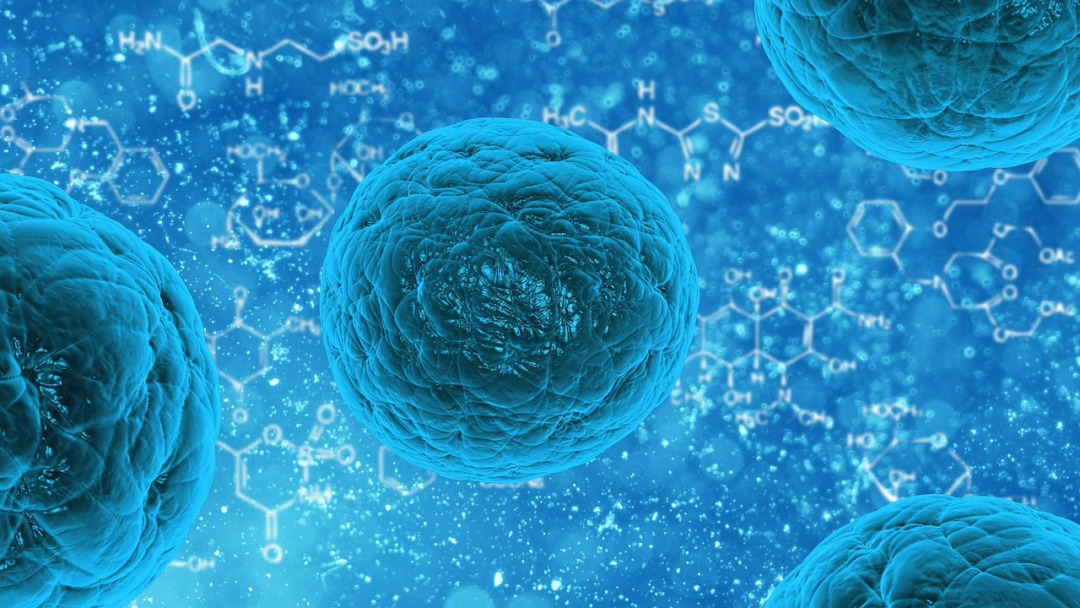
New Study to Help Develop Salt-Tolerant Plants
- News
- 1.4K
Efforts to make use of mangrove plants to meet the increasing need for food production in the wake of a growing world population could get a major boost with a team of Indian researchers reporting a reference-grade genome of a highly salt-tolerant mangrove species called Avicennia marina. It grows optimally in 75% seawater and can tolerate even 250% seawater.
It is estimated that the world population could increase by more than 20 percent to about nine billion by 2050. With two billion people already not having sufficient food, crop production needs to increase significantly to feed the ever-increasing global population. Availability of water is a significant challenge to crop production in dryland areas, which accounts for about 40 percent of the world’s total land area. Further, salinity, another water-related problem, is prevalent in about 900 million hectares.
Water makes up about 71% of the earth’s surface. But, 96.5% is saline seawater that is unsuitable for growing plants. However, an exception to this is the mangrove plants that thrive in seawater. Scientists have been studying the mangrove plants’ remarkable adaptions to an otherwise harsh ecological setting. Among other things, it has been found out that mangroves have specialized roots with hydrophobic barriers and ultrafiltration mechanisms that prevent salts from getting in. However, a lot more remains to be known.
The advances in genome sequencing and assembly technologies have enhanced the understanding of many plants and animals. While gene expression analysis and whole-genome sequencing studies are beginning to provide a molecular understanding of the mangrove plants, reference-grade genome assembly, which is essential to carry out a comprehensive study on salinity tolerance genes at the whole-genome level, is not available for any mangrove species.
In the new study, a joint team of researchers from three institutions — the Department of Biotechnology’s Bhubaneswar-based Institute of Life Science; Annamalai University, Parangipettai, Tamil Nadu; and SRM Institute of Science and Technology, Kattankulathur, Tamil Nadu has filled the gap.
They sequenced the genome and analyzed the salinity tolerance genes of Avicennia marina, an extremely salt-tolerant mangrove species. They have come up with a reference-grade genome that contains 31,477 protein-coding genes. Further, they found that about 12% of the A. marina genes (3,860) constitute the `salinome’ – the set of genes that are associated with salinity tolerance. This is the first-ever reference-grade genome of any mangrove species worldwide. The scientists said the findings are significant as they could eventually help develop salt-tolerant agricultural crops.
The study team was led by Dr. Ajay Parida and Dr. M. Parani and included P. Natarajajan, A. Murugesan, G. Govindan, A. Gopalakrishnan, K. Ravichandran, P. Duraisamy, R. Balaji, Tanuja, and P. Shyamli. The findings of the study have been published in the journal, `Communication Biology’.
If you liked this article, then please subscribe to our YouTube Channel for the latest Science & Tech news. You can also find us on Twitter & Facebook


